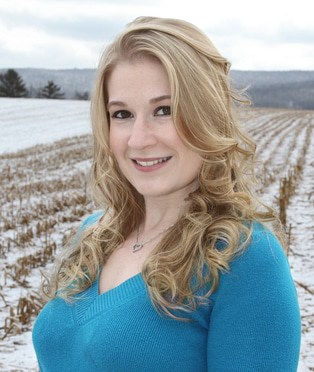A New Gene Linked to Autism Spectrum Disorder!
Is autism a genetic disorder? The purpose of this blog isn’t to cause a debate.
Instead, my goal is to provide insight into new research on autism conducted in the United States at UCLA in conjunction with teams from Johns Hopkins and Yale universities. Since I work closely with children who have Autism Spectrum Disorder (ASD), I always look for new research that can provide valuable information to parents! It’s important for parents' knowledge AND to ease fears and misconceptions about any disorder diagnosis that a child gets.
Autism and Speech Blubs
Speech Blubs is a speech therapy app with more than 1,500 activities, face filters, voice-activated activities, and educational bonus videos.
We initially developed Speech Blubs for children with autism, Down syndrome, and apraxia of speech! The app uses video modeling, which is a proven method for engaging kids on the spectrum.
We had children with autism in mind when we created our “Emotions” section, for example. We know they have a hard time recognizing and expressing emotions. In this section, they learn about emotions while practicing speech.
Research Details
For the first time, this team looked at language onset – the age when children spoke their first word – as a way to locate a gene that may be linked to the development of Autism.
Children typically utter their first word by the age of one; however, children diagnosed on the spectrum may not develop their first word until much later. Unfortunately, some never learn language at all. Late language onset is one symptom that children born with autism all share.

In an earlier study, UCLA investigators studied the DNA of 291 families nationwide who donated blood samples to the Los Angeles-based Autism Genetic Resource Exchange. Each family had at least one autistic child. They excluded children that never used verbal language from their study.
The findings connected a specific region of Chromosome 7, called 7q35, to autism.
Which Gene is Linked to Autism Spectrum Disorder?
In the current study, the researchers scrutinized every gene in the 7q35 region using DNA samples from 172 families. They identified four promising genes; one of the candidates was CNTNAP2.
To verify their findings, the scientists conducted a second test on a new group of 304 families. The CNTNAP2 gene showed up consistently, confirming its implication in language development.
Continuing their research, the team determined that the CNTNAP2 gene was highly linked in the early brain development of structures involved in language and thought.
In an unexpected third finding, the scientists found the strongest statistical evidence for the gene in families with autistic boys. Less of an association appeared in families with autistic children of both genders or with autistic girls only.
This finding is significant because we know that autism affects males three times more than girls. This gene could be the reason that explains why!
The 3:1 gender ratio between boys and girls also applies to rates of attention deficit disorders, learning disabilities, and language disorders.
My Experience/Thoughts
In the context of trying to answer if autism is a genetic disorder, it makes me wonder if the gene that MIGHT be responsible for causing autism could also play a part in other male-dominant disorders.
As a therapist that has worked with families for many years, I can tell you a pattern that I see in children who are diagnosed with Autism:
https://www.instagram.com/p/B-xlwrjBZuJ
What to Do Next
If you feel that your child is struggling or displaying signs/symptoms of developmental disabilities, please mention your concerns to your pediatrician. They may refer you to a speech-language pathologist or neurologist for specific testing.
We also have many blogs that target specific disorders that may be helpful to you and your child! If you have questions, please contact Speech Blubs and we will get working to answer anything you need clarification on!
 By Stacie Bennett
By Stacie Bennett